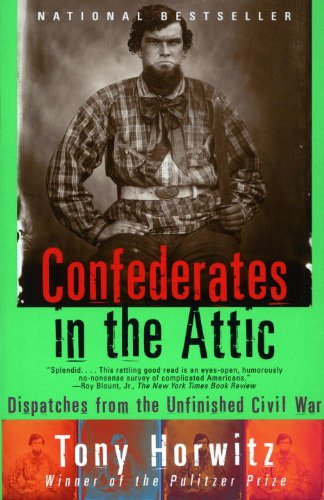Like A Meteor Blazing Brightly: The Short but Controversial Life of Colonel Ulric Dahlgren
These Ulric Dahlgren biographies present the Union and Confederate views of the Dahlgren Affair.
Here is the gist of the “Affair.” In February of 1864, a Union
cavalry detachment raided Richmond in the hope of releasing imprisoned soldiers
captured by the Confederacy. Colonel Ulric Dahlgren led a major arm of the
assault. The raid was unsuccessful, and Dahlgren was killed in an ambush. Papers
were found on Dahlgren’s body that ordered the raiding party to murder
Jefferson Davis and his cabinet. The Union claimed the papers were forgeries while
the Confederacy insisted they were genuine. At the time, the Dahlgren Affair
became a cause célèbre. The authenticity of the papers remains unresolved.
Ulric’s father, Admiral Dahlgren, insisted that the papers
were forgeries and his son would never have taken part in an assassination plot. The
memoir, written by the admiral in 1872, makes the case for the papers being
forged.
Eric J. Wittenberg's 2015 biography, Like A Meteor Blazing Brightly: The Short but Controversial Life of
Colonel Ulric Dahlgren, argues for the authenticity of the papers. The book
details Ulric’s brief life, focusing primarily on the Dahlgren Affair.
If you enjoy the Civil War or unsolved mysteries, read both
books and decide for yourself.
















